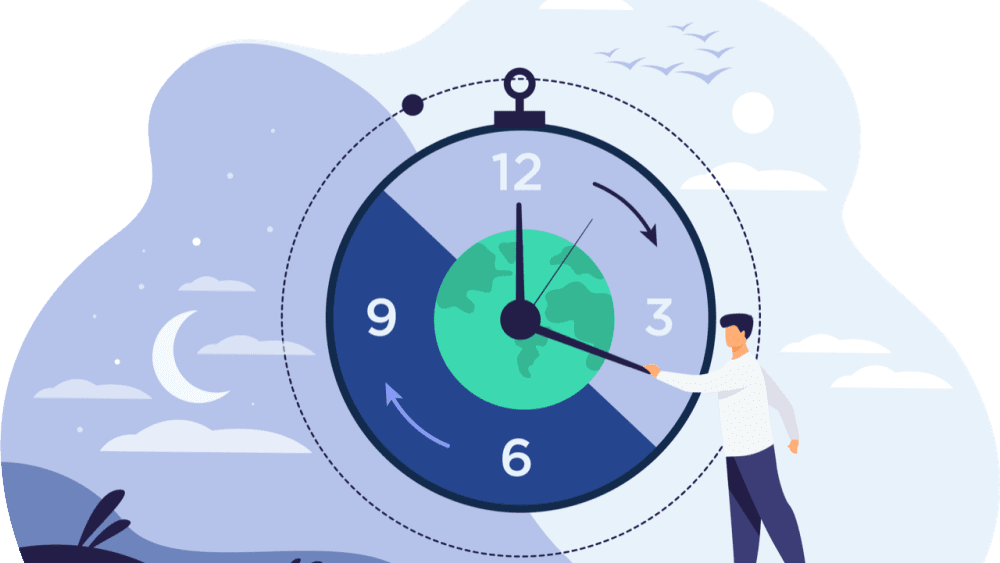Sleeping well is absolutely essential for your mental and physical health
You probably know that already. So, bear with me for a moment whilst I say that again. Sleeping well is absolutely essential for your mental
and physical health. Repeating that won’t actually help you get better sleep, but you may have now just taken your first step towards it.
Because, in today’s world of ever-increasing complexity and thirst for information, many of us have become desensitised to the absolutely
mind-blowing power of the obvious, hear-it-all-the-time, I-know-it-but-I-just-can’t-do-it, nuggets of proven science that, when put into
practice have the potential to very simply and dramatically change our lives. Sleeping well is absolutely essential for your mental and
physical health.
Not enough sleep can take a serious toll on your:
- Daytime energy,
- Emotional balance, and
- Productivity at home and work
Lack of adequate rest can increase your risk of problems like:
- Obesity
- Osteoporosis,
- Diabetes
- Cancer
- Stroke
- Heart disease
- Cognitive impairment

Why is sleep so good?
We all know the basics of what to do. But let’s be honest. Do you actually take it seriously enough to devote time to getting it right?
Once you’re consciously aware of the implications of lack of, or poor sleep you’ll likely be more motivated to work out your own magic sleep formula and how to put that into practice consistently. So why is sleep so good?
During the day your brain cells are constantly making new connections with other brain cells as a result of the experiences you have. This is
vital for memory and learning. Whilst you sleep the most important of those connections are strengthened and you organise and
consolidate information from the day gone by so that you’re able to access stored information more easily. Imagine this happening night
after night, and the learning you can potentially consolidate and access without any extra effort. Rock solid filing systems are fabulous for
finding what you need at the time you need it.
But there’s more. While you’re sleeping your brain has a full ‘to do’ list of housekeeping jobs: replenishing your energy stores, regenerating
tissues and clearing out waste products from the biochemical reactions that have been taking place in your body during the day.
When things go wrong
Now imagine if you have a full day’s work to do but only half a day to do it. Both things don’t get done. Or they get done badly. If they’re
important there are likely to be consequences, no? And it’s just the same if we shorten our window for sleep and let our sleep systems
(circadian rhythm) get out of sync.
Next imagine that, even as you work through your list, new tasks are constantly being added. Overwhelm and defeat are probably words
that come to mind. And so, it is for your brain when you are stressed.
When you are under stress, you’ll need more sleep to deal with the biochemical assault on your body. But it is exactly at these times that
you are more likely to have a whirring mind, rapid heartbeat and cascade of hormonal reactions that make sleep so difficult. So the cycle
becomes vicious. So, if your sleep isn’t quite what you you’d like, your brain is going to have its work cut out to break the vicious cycle
and it’ll need you to put some strong action-oriented boundaries into your routines to help it out.

Comments are closed.